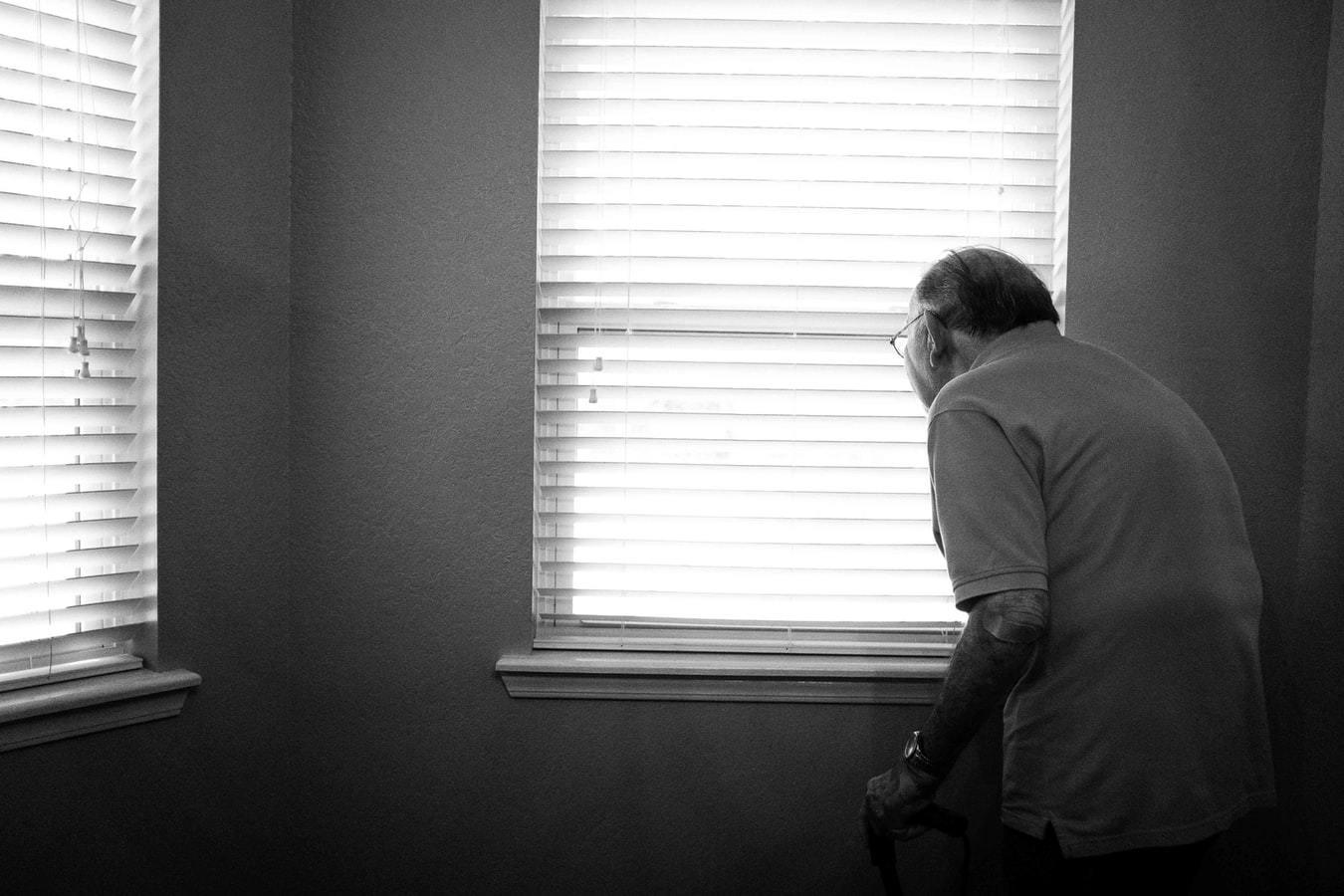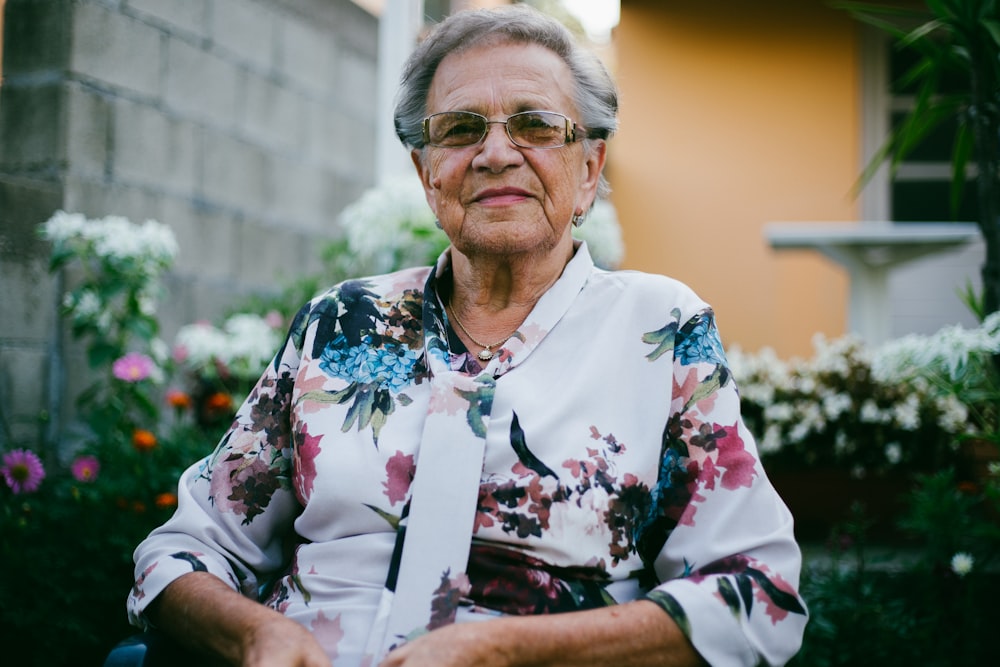How can you communicate with elderly relatives?

Staying in touch with our elderly relatives is now more important than ever. Here's our guide to the best ways you can stay in contact.
During the lockdown, it’s incredibly important to ensure that our elderly relatives can communicate with us easily. Particularly those who live alone.
Whether it’s for a quick chat or to deliver some essentials, communication is key. Fortunately, there are several ways we can stay in contact with our loved ones that don't involve being in the same room.
This guide will show you some of the easiest ways you can stay in contact with an elderly or vulnerable person you know.
Video Call
Sometimes, hearing someone’s voice simply isn’t enough. Video calling is now easier and more accessible than ever and almost makes you feel like you’re in the same room. This gives elderly relatives a chance to see their family's faces and experience a more intimate conversation.
There are numerous video call programs available whether it’s on your smartphone, tablet or laptop. One of the most popular is Zoom. This free video call app can be used on any device and offers a grid view where you can speak to more than one person at a time. So if you have relatives, you can have multiple family members on one call. You can download Zoom for free on your mobile phone or tablet, or use it online on your laptop. All you need is a webcam which most phones and laptops already have.
On an iPhone, you can also use FaceTime. However, this is limited to two people, so you wouldn’t be able to speak to your whole family on one call.
If you're worried about a loved one getting the exercise they need, check out our blog on the best ways to stay healthy at home.
Phone Call
Sometimes your elderly family members may need you for more than just a catchup. Those deemed a high risk have been asked to self isolate for the next 12 weeks, so heading to the shop may be a difficult task. You may need to be readily available so you can pick up basic supplies, so for them, having the ability to call you means they won’t need to head out to the shops themselves, staying safe in the meantime.
You can of course also have traditional phone conversations. For a lot of elderly people who don’t have access to the latest technology with video call software installed, a phone call on a landline or mobile is still a great way to show someone you care.
Email Conversations
Another, often forgotten method of communication is email. With email conversations, you can attach images of family members to keep your loved ones updated on what’s going on in your world and find out what's going on in theirs. Email conversations, like writing a letter, are often considered an easier, more heartfelt alternative to sending a text message.
Laptop keyboards are a lot easier to navigate than a mobile phone keyboard, particularly on older phone models. So speak to your relative about setting up a free email account on their laptop or tablet so you can start exchanging messages.
Stuck indoors? Take a look at some of the best exercises you can do from your chair to keep you active during the lockdown.
Homemade Postcards
One way of adding a personal touch to your communication is by getting your kids to create homemade postcards or decorated letters. This is a nice way to not only stay in touch but add a creative and personalised touch which elderly relatives often appreciate.
Physical letters also double as keepsakes and might one day make an interesting item to reminisce on once the lockdown period is over.
So, there you have it. Those are our top ways that you can stay in touch with your elderly relatives during the lockdown period. It’s vital now more than ever to ensure that they aren’t on their own, so do remember to stay in touch.




